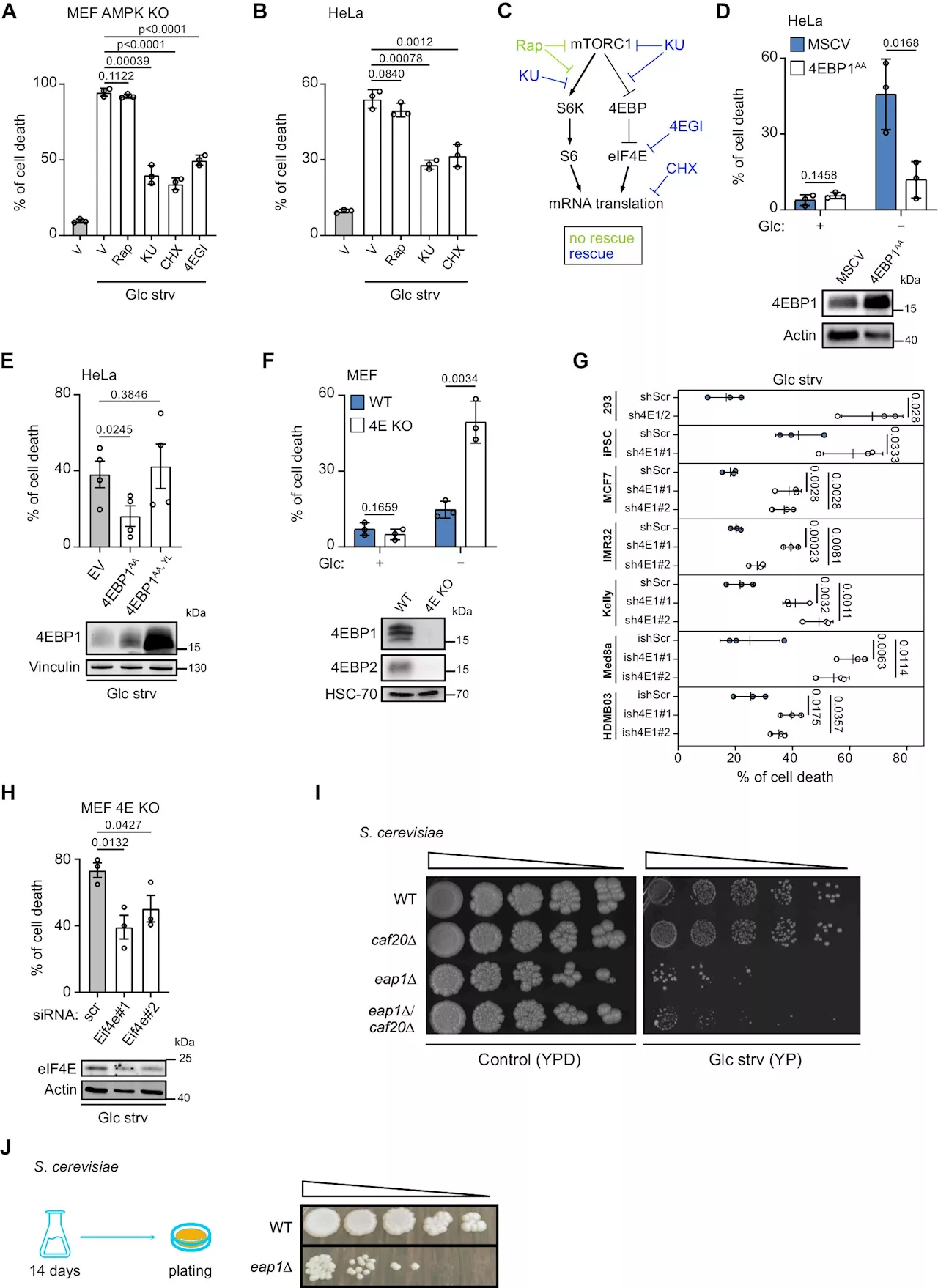When you disable the brakes on a race car, it quickly crashes. Dr. Barak Rotblat wants to do something similar to brain cancer cells. He wants to disable their ability to survive glucose starvation. In fact, he wants to speed the tumor cells up, so they just as quickly die out.
Scientists use new approach to disable brain cancer cells' ability to survive retrieved 20 May 2024 from https://medicalxpress.com/news/2024-05-scientists-approach-disable-brain-cancer.html
This document is subject to copyright. Apart from any fair dealing for the purpose of private study or research, no part may be reproduced without the written permission. The content is provided for information purposes only.Use this form if you have come across a typo, inaccuracy or would like to send an edit request for the content on this page. For general inquiries, please use ourThank you for taking time to provide your feedback to the editors.
Your feedback is important to us. However, we do not guarantee individual replies due to the high volume of messages.to let the recipient know who sent the email. Neither your address nor the recipient's address will be used for any other purpose. The information you enter will appear in your e-mail message and is not retained by Medical Xpress in any form.Get weekly and/or daily updates delivered to your inbox.
Medicine Research Health Research News Health Research Health Science Medicine Science
Canada Latest News, Canada Headlines
Similar News:You can also read news stories similar to this one that we have collected from other news sources.
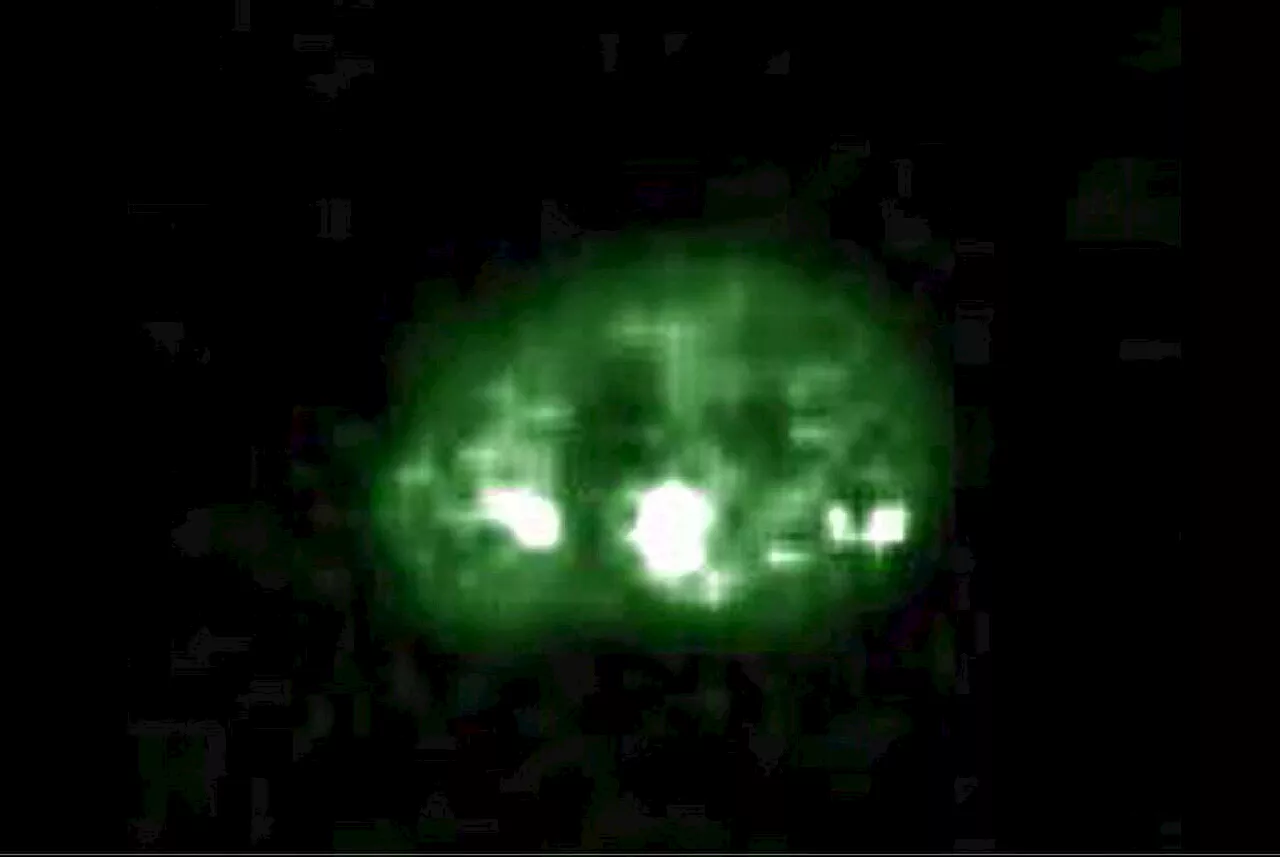 Scientists track 'doubling' in origin of cancer cellsWorking with human breast and lung cells, Johns Hopkins Medicine scientists say they have charted a molecular pathway that can lure cells down a hazardous path of duplicating their genome too many times, a hallmark of cancer cells.
Scientists track 'doubling' in origin of cancer cellsWorking with human breast and lung cells, Johns Hopkins Medicine scientists say they have charted a molecular pathway that can lure cells down a hazardous path of duplicating their genome too many times, a hallmark of cancer cells.
Read more »
 Scientists discover immune cells that 'hunt down' cancer in the bodyResearchers have developed a tool to spot special anti-cancer cells that could lead to personalised treatments.
Scientists discover immune cells that 'hunt down' cancer in the bodyResearchers have developed a tool to spot special anti-cancer cells that could lead to personalised treatments.
Read more »
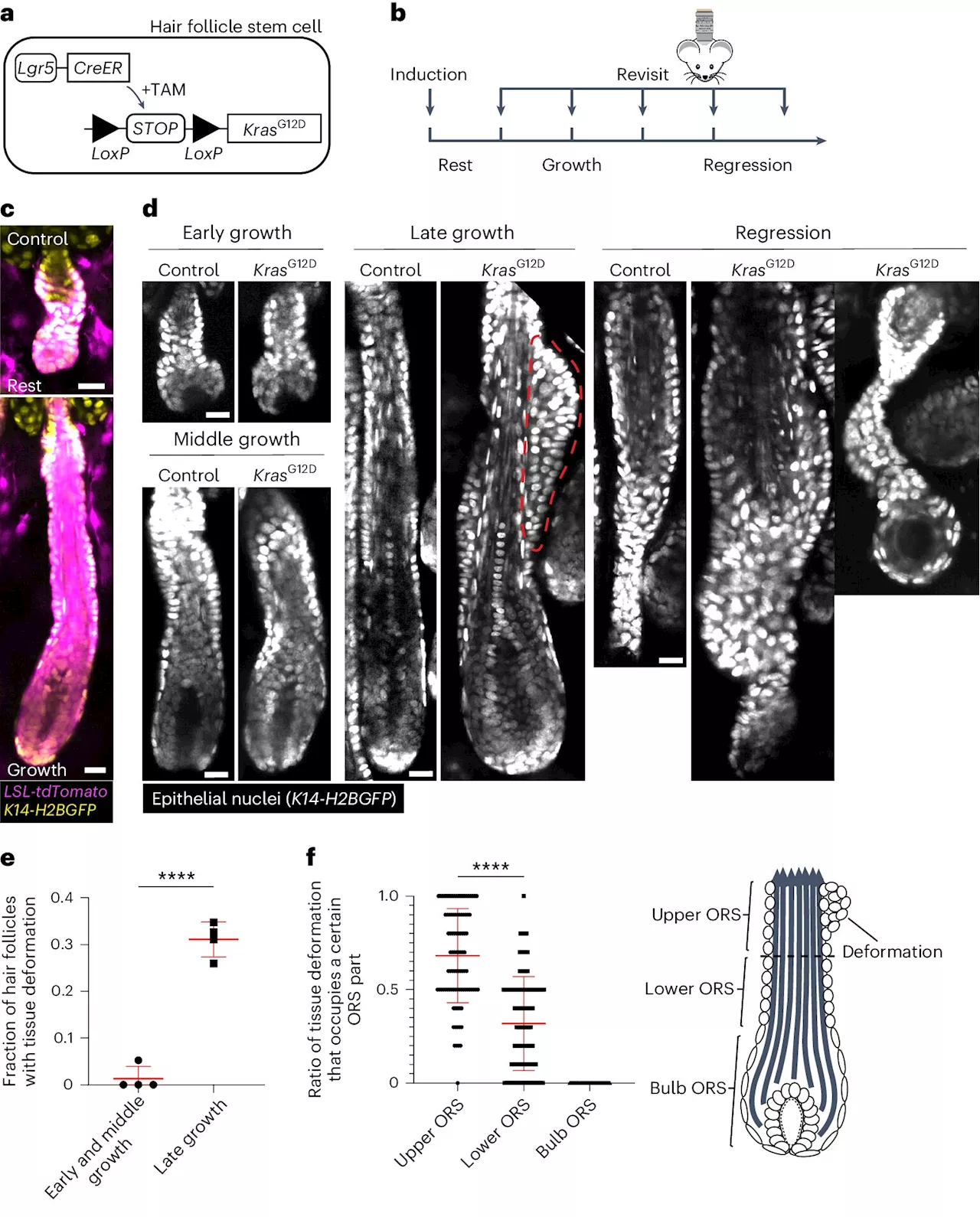 Scientists track earliest cancer-triggering physical changes in cellsBy the time cancer is diagnosed, a lot has already happened behind the scenes. Although cancers are classed into early and late stages for clinical purposes, even an 'early' stage tumor is the result of many previous, undetectable cellular and molecular changes in the body.
Scientists track earliest cancer-triggering physical changes in cellsBy the time cancer is diagnosed, a lot has already happened behind the scenes. Although cancers are classed into early and late stages for clinical purposes, even an 'early' stage tumor is the result of many previous, undetectable cellular and molecular changes in the body.
Read more »
 The 13 seemingly harmless habits increasing your risk of dementiaScientists are warning that certain seemingly harmless habits could be ageing the brain prematurely
The 13 seemingly harmless habits increasing your risk of dementiaScientists are warning that certain seemingly harmless habits could be ageing the brain prematurely
Read more »
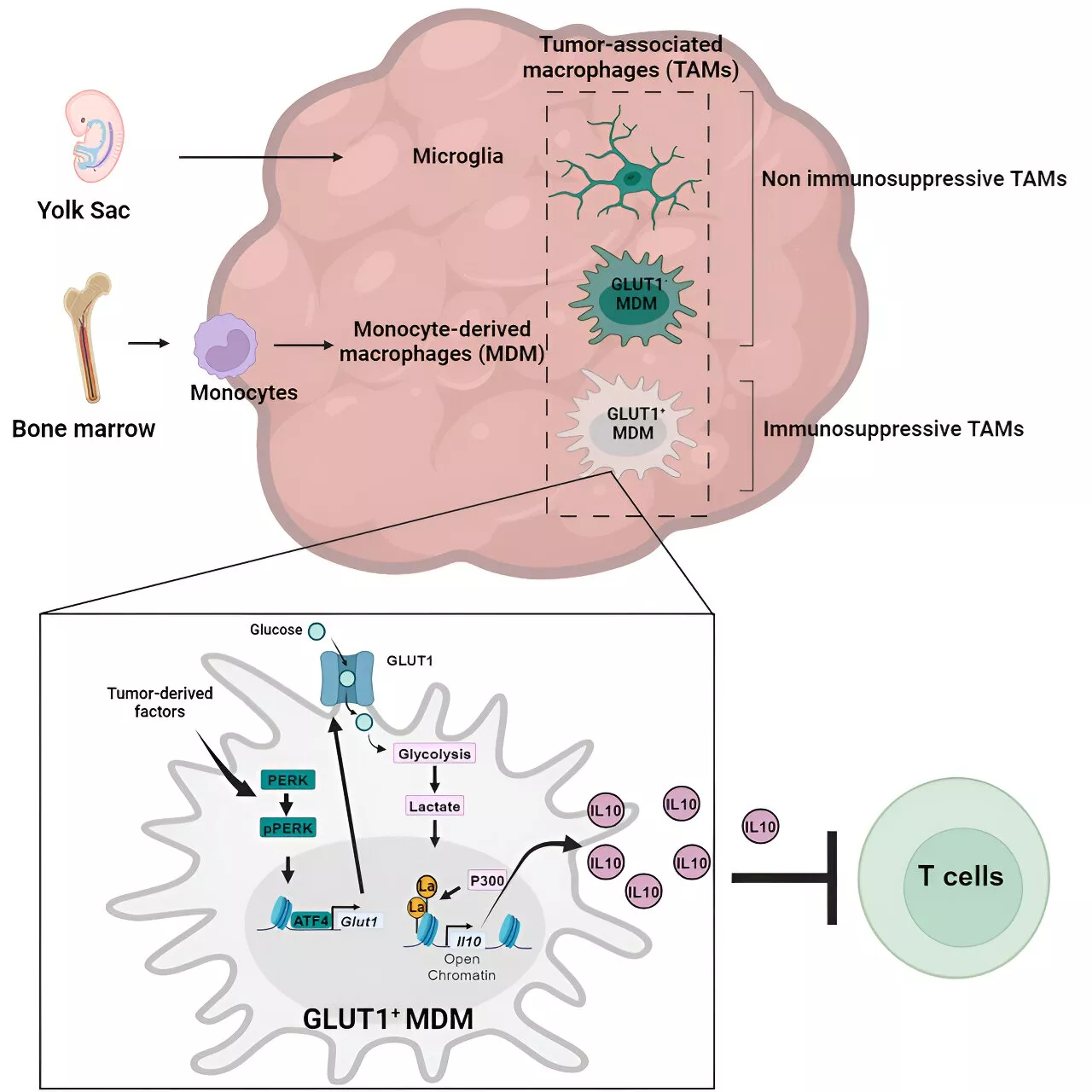 Scientists discover new immunosuppressive mechanism in brain cancerThe Wistar Institute assistant professor Filippo Veglia, Ph.D., and team, have discovered a key mechanism of how glioblastoma—a serious and often fatal brain cancer—suppresses the immune system so that the tumor can grow unimpeded by the body's defenses.
Scientists discover new immunosuppressive mechanism in brain cancerThe Wistar Institute assistant professor Filippo Veglia, Ph.D., and team, have discovered a key mechanism of how glioblastoma—a serious and often fatal brain cancer—suppresses the immune system so that the tumor can grow unimpeded by the body's defenses.
Read more »
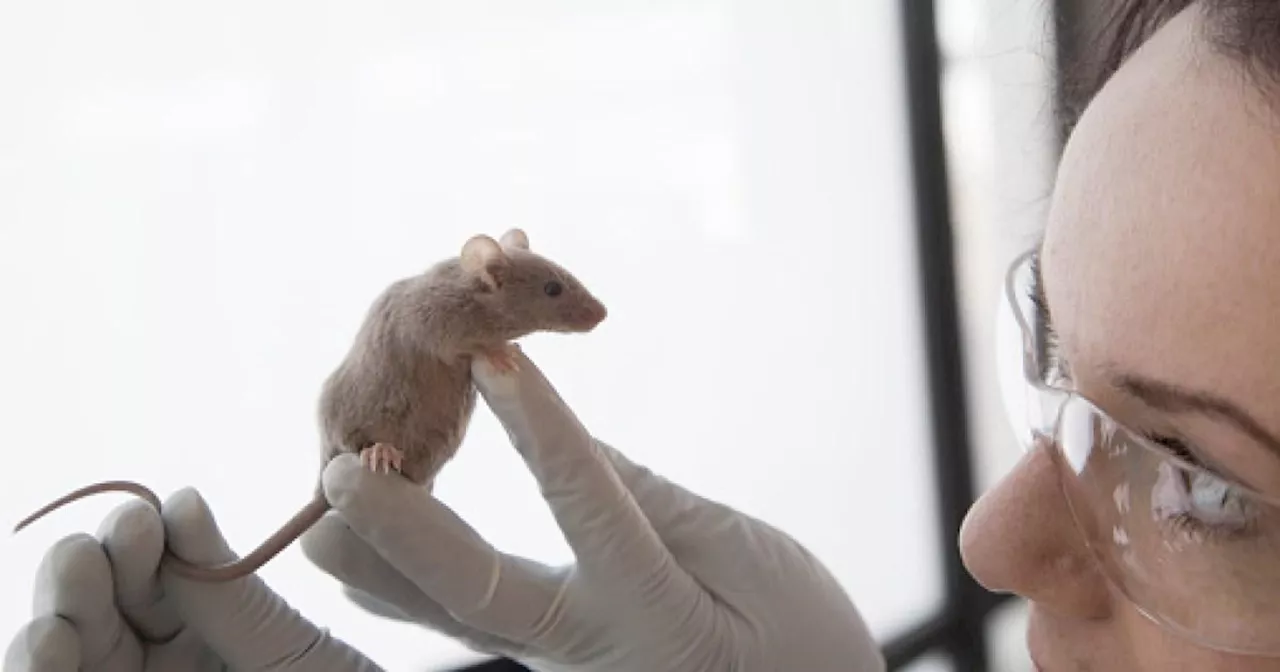 Scientists have created a Frankenstein mouse with a part-rat brainIt's not as scary as it sounds.
Scientists have created a Frankenstein mouse with a part-rat brainIt's not as scary as it sounds.
Read more »
